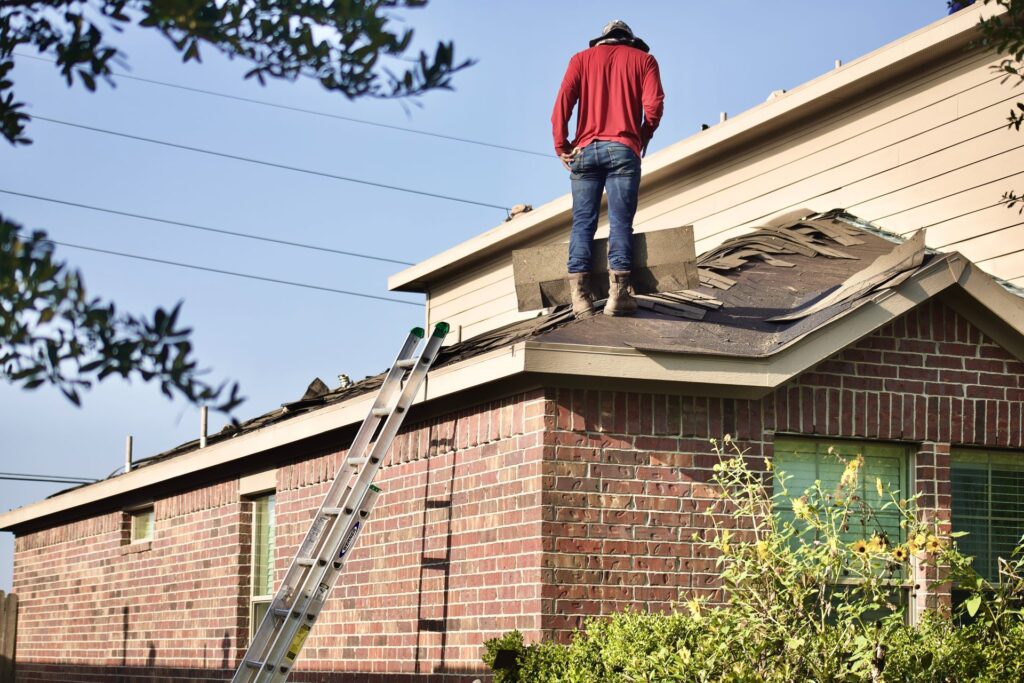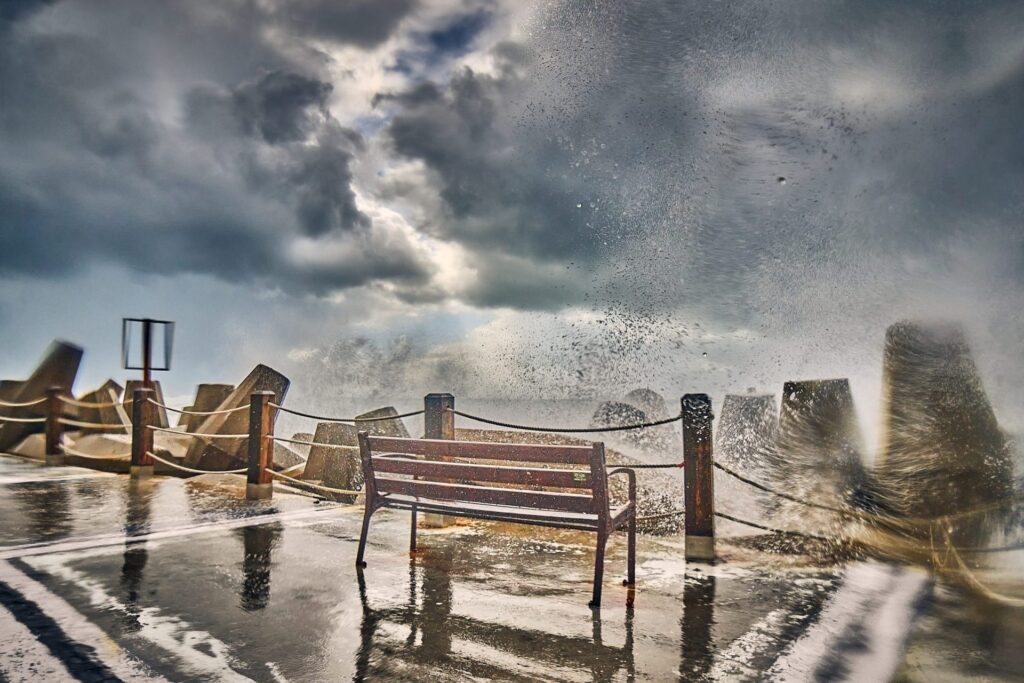Has Your Home Sustained Fire Damage?
After fire and smoke have damaged your property, the last thing you need is a property insurance company that won’t pay your claim. If your property insurance company denies your fire damage claim, get legal help at once, and schedule a case evaluation with a Texas fire insurance lawyer.
Homeowners insurance should pay to replace or repair your home or property if a fire destroys or damages it, up to your policy’s limits. Most homeowners policies also cover smoke damage and damage from explosions. The scope of the damage will determine the amount of your claim.
Wildfires are not at all unusual here in Texas, and they can completely destroy a home. In 2010 and 2011, according to the Texas Forest Service, more than 28,000 wildfires burned four million acres and destroyed hundreds of houses and other properties throughout Central Texas.
What Can Happen When You File a Fire Damage Claim?
Overall, the Texas wildfires in 2010 and 2011 caused $511 million in damages and six fatalities. Many Texas homes were completely destroyed by these wildfires. Other homes and properties suffered considerable fire and smoke damage. Some property insurance companies wrongly denied the claims of some property owners and held that their damages were insignificant.
Document your fire damage with photos and video, and don’t sign any insurance papers until and unless you fully understand what you’re signing. If your home is damaged or destroyed by a fire, your property insurance company will probably send an assessment team to inspect the damage.

Because fire may damage a home in several different ways, there is no “one size fits all” claim for fire damage. However, even homeowners who have faithfully made their property insurance payments may have their fire damage claims rejected or become victims of insurance bad faith.
What Should You Know When You File a Claim?
It can’t be stressed strongly enough that you need to document fire damage with photos and video. It’s also important to show exactly how the damage was caused. How and where did the fire begin? If your home exploded, what was the source of that explosion? Make sure that your photographs and videos clearly show all of the damage you are claiming.
It’s also essential to be familiar with your homeowners insurance policy and to know the filing deadline required by that policy. Should you fail to meet this deadline, or if you fail to ask for an extension, you won’t be allowed to file a claim. Know your policy and meet its requirements.
If the insurance company asks you for more information, provide as much information as you can. But if you get nothing but repeated requests for more details, the company may be trying to undervalue or reject your fire damage claim, and you may be a victim of insurance bad faith.
What Constitutes Insurance Bad Faith?
Federal and state laws require property insurance companies to operate in good faith and treat policyholders properly. If your property insurance company is failing to do this, it may be acting in bad faith, and you’ll need the services and advice of a Texas fire insurance attorney.
Your homeowners policy is your insurance company’s promise to be there with coverage when you need it. If your policy payments are up-to-date and you meet the filing deadline, the company is legally obligated to provide coverage and to negotiate your claim in good faith.

If your homeowners insurance company mishandles your fire damage claim or doesn’t take its legal responsibilities seriously, you can probably file an insurance bad faith lawsuit to recover the payout that is rightfully yours. Bad faith can happen when insurance companies fail to:
- make a payout or reject a claim within a reasonable time frame
- make a settlement offer that approximates a fire damage claim’s real value
- negotiate, pay, or investigate a claim or explain the reason for denying a claim
When Should You Contact a Fire Insurance Attorney?
A simple difference over the value of your fire damage claim does not necessarily indicate bad faith, but if an insurance company treats you unfairly, will not negotiate in good faith, or says you’ll be paid promptly – and you aren’t – take the matter to a Texas fire insurance lawyer.
Simply retaining an attorney’s services may motivate your homeowners insurance company to resolve the matter and pay you promptly. When an insurance company knows that a lawsuit is imminent, the company may decide to handle your claim properly and avoid going to court.
On the other hand, if you believe that your claim for fire damage has been rejected, overlooked, or ignored because your homeowners insurance company is operating in bad faith, you may have to file a lawsuit against the company in order to obtain the payout you need to repair your home.
How can you know if you are dealing with an instance of insurance bad faith? Call a Texas fire insurance attorney to schedule a free, in-depth evaluation of your case. You’ll learn how the law applies in your situation, and you’ll be advised regarding the best way to move forward legally.
Flores & Pelaez-Prada is Here for Fire Damage Victims
Your initial case evaluation with the legal team at Flores & Pelaez-Prada is offered without cost or obligation, and you’ll also pay nothing when you launch the legal process. If you proceed with a lawsuit, one of our property damage attorneys will handle your case on a contingent fee basis.

That means you will pay no attorney’s fee in advance and no attorney’s fee until Flores & Pelaez-Prada recovers your fire damage payout with a negotiated settlement or a trial verdict. Most insurance bad faith claims are resolved out-of-court, but if it becomes necessary, we will ask a court to order your property insurance company to meet its responsibility to you.
If you think your homeowners insurance company is operating in bad faith after your home has sustained fire damage, or if this happens to you in the future, promptly call the offices of Flores & Pelaez-Prada at 877-890-6372.While our offices are based in McAllen and San Antonio, we serve all Texas property owners. Call today!
Disclaimer: The blog posts shared on stormlex.com are intended for general informational purposes and may not apply to your specific situation. For personalized legal advice concerning your policy or claim, contact our office directly at 877-890-6372.
















